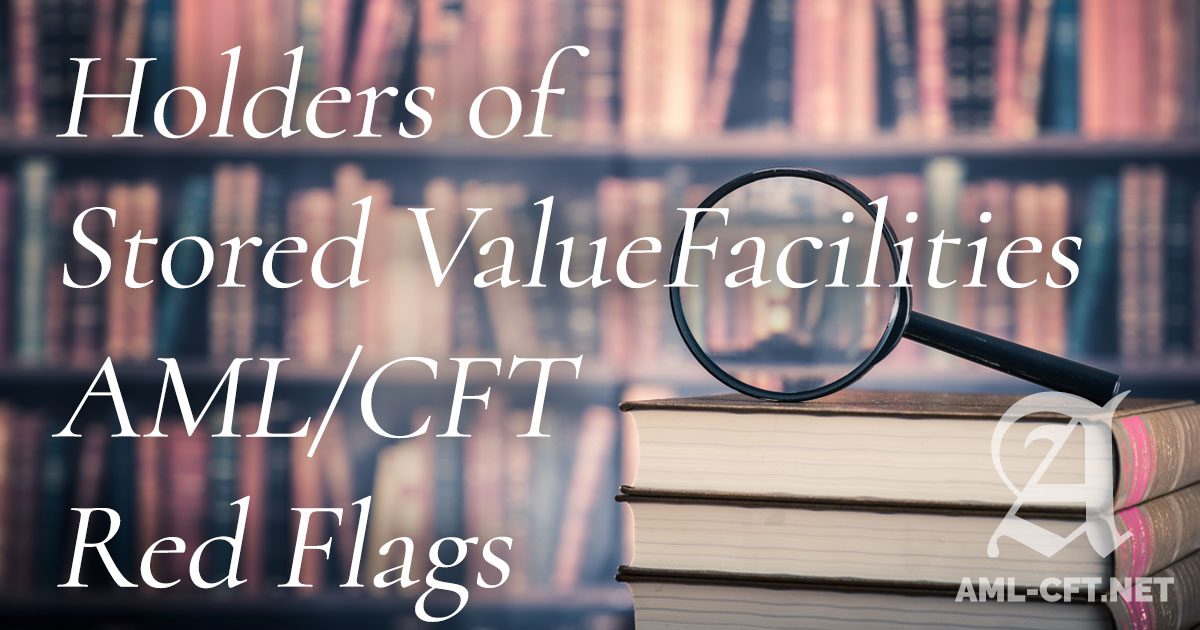
Explore the Library
Transactions Which Do Not Make Economic Sense
- A customer relationship with the relevant holder where a customer has a large number of accounts with the same relevant holder, and has frequent transfers between different accounts.
- Transactions in which assets are withdrawn immediately after being deposited, unless the customer’s business activities furnish a plausible reason for immediate withdrawal.
- Transactions which, without plausible reason, result in the intensive use of what was previously a relatively inactive account, such as a customer’s account which shows virtually no normal personal or business related activities but is used to receive or disburse unusually large sums which have no obvious purpose or relationship to the customer or his business.
- Large amounts of funds being topped up into an account, which is inconsistent with the salary of the customer.
- Customers running large stored value balances.
Transactions Involving Large Amounts of Cash
- Frequent withdrawal of large cash amounts that do not appear to be justified by the customer’s business activity.
- Large cash withdrawals from a previously dormant/inactive account, or from an account which has just received an unexpected large credit from abroad.
- A large amount of stored value is withdrawn and immediately deposited into another account.
Transactions Involving Accounts of the Customer with the Relevant Holder
- High velocity of funds through an account, i.e. low beginning and ending daily balances, which do not reflect the large volume of funds flowing through an account.
- Transfers of funds from a company’s account to an individual account of an employee or persons related to the employee and vice-versa.
- Transfers of funds from various third parties into an account, which is inconsistent with the nature of the customer’s business.
- Multiple stored value facility users using a single account.
- An account operated in the name of an offshore company with structured movement of funds.
Transactions Involving Transfers Abroad
- A customer who appears to have accounts with several relevant holders in the same locality, especially when the relevant holder is aware of a regular consolidated process from such accounts prior to a request for onward transmission of the funds elsewhere.
- Large and regular payments that cannot be clearly identified as bona fide transactions, from and to countries or jurisdictions associated with (a) the production, processing or marketing of narcotics or other illegal drugs or (b) other criminal conduct.
- Substantial increase in stored value top-ups by a customer without apparent cause, especially if such top-ups are subsequently transferred within a short period out of the account or to a destination not normally associated with the customer.
- Building up large balances, not consistent with the known turnover of the customer’s business, and subsequent transfer to account(s) held overseas.
- “U-turn” transactions, i.e. where funds received from a person or company in a foreign country or jurisdiction are immediately remitted to another person or company in the same country or foreign jurisdiction, or to the sender’s account in another country or jurisdiction.
Transactions Involving Unidentified Parties
- Transfer of money to another relevant holder without indication of the beneficiary.
- Use of pseudonyms or numbered accounts for effecting commercial transactions by enterprises active in trade and industry.
- Holding in trust of shares in an unlisted company whose activities cannot be ascertained by the relevant holder.
- Customers who wish to maintain a number of trustee or customers’ accounts that do not appear consistent with their type of business, including transactions that involve nominee names.
Tax Crimes Related Transactions
- Negative tax-related reports from the media or other credible information sources.
- Unconvincing or unclear purpose/motivation for having accounts opened in Singapore.
- Accounts managed by external asset managers.
Other Types of Transactions
- Purchase or sale of large amounts of precious metals by a customer.
- Purchase of relevant stored value facilities on a large scale by a customer.
- Account activity is not commensurate with the customer’s known profile (e.g. age, occupation, income).
- The customer fails to reasonably justify the purpose of a transaction when queried by the relevant holder.
- Transactions with countries or entities that are reported to be associated with terrorism activities or with persons that have been designated as terrorists.
- Frequent changes to the address or authorised signatories.
- When a young person (aged about 17- 26) opens an account and either withdraws or transfers the funds within a short period, which could be an indication of terrorism financing.
- When a person receives funds from a religious or charitable organisation and utilises the funds for purchase of assets or transfers out the funds within a relatively short period.
- The customer uses intermediaries which are not subject to adequate AML/CFT laws.
- Transactions that are suspected to be in violation of another country’s or jurisdiction’s foreign exchange laws and regulations.

Leave a Reply